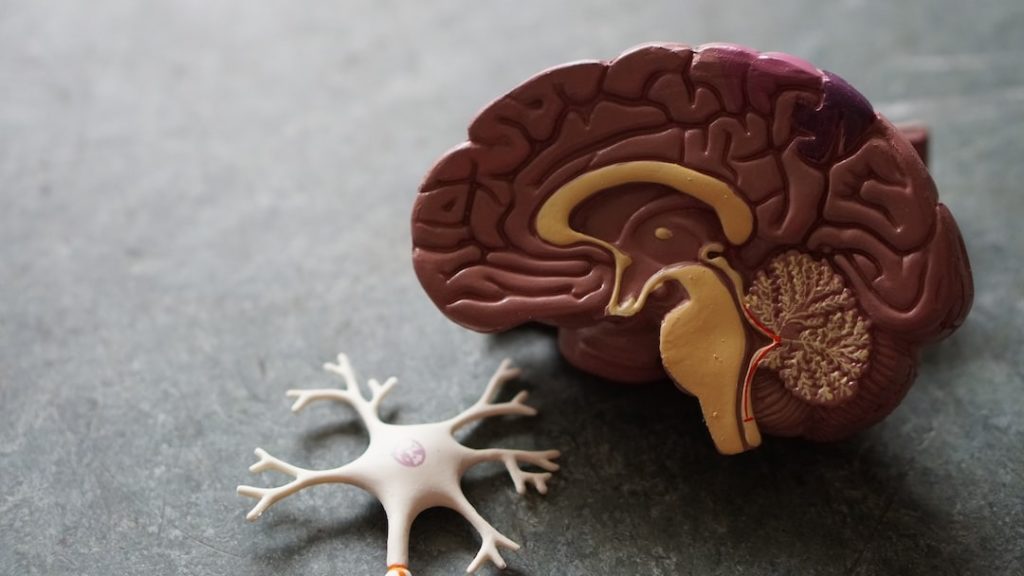As mental health care continues to transform, new studies and research continue to surface in debunking old understandings of certain mental health disorders. Through this research, new treatment methods arise, allowing clients to experience a more exact plan of action and improve their symptoms and mental health more efficiently. Specifically, more research conducted in the United Kingdom has opened new doors to treating depression and depressive symptoms.
Old Beliefs and Understandings of Depression
Before recently, the primary understanding of depression came from studying chemical imbalances. In other words, professionals and researchers believed that depression and depressive symptoms were caused by a chemical imbalance in the brain.
The chemical imbalance was believed to be targeting serotonin. This erupted the serotonin theory of depression, catalyzing the industry to push out antidepressants. These drugs are known as serotonin-reuptake inhibitors (SSRIs). However, new research has emerged, debunking the serotonin theory of depression, and carving the way for new and better treatment.
New Research on Depression
The main reason the serotonin theory on depression continues to be the main belief is due to the positive effects SSRIs have on individuals. However, it has been noticed that linking these changes to resolving depression is not comprehensive.
Individuals with and without depression see positive changes when using SSRIs, as these directly impact emotion rather than mood — increasing serotonin influences positive automatic emotional responses. Due to this, mood and, therefore, depression aren’t entirely resolved with SSRIs.
Without involving brain chemical imbalances in the conversation about depression, researchers have acknowledged that genetic, environmental, and neurobiological factors influence the development of depression. Emotional regulation, as SSRIs contribute to, is not the end of treatment for depression. It is necessary to re-learn and restructure responses and overall mood when treating depression.
The Genetic Links to Anxiety and Depression
The new study in the UK regarding depression is called “The Genetic Links to Anxiety and Depression” (GLAD). The GLAD study has shown that depression and anxiety are genetic, meaning the current treatments and therapies need to be altered to cater to this new discovery.
GLAD uses a recruitment system, bringing together the largest number of participants in a mental health study and using genotype to determine its effects on depression. They also study environmental factors to depression as well. Researchers hope to use this abundance of information to support progress in treatment development.
This new discovery positively influences the way society views depression. Rather than individuals believing they are “unfixable” due to a brain chemical imbalance, the GLAD study and development of treatments from this research offer new hope for those with depression.
How Does This Change How We Treat Depression?
Aside from possible gene replacement therapy, new evidence-based treatments for depression are emerging. Genetic testing is essential when seeking treatment as well in order to understand depression in regard to biological and environmental factors. Rather than focusing primarily on serotonin to treat depression, psychotherapies and brain stimulation therapies are becoming more used in the modern mental healthcare world.
Psychotherapy
Psychotherapies help guide clients to develop new ways of thinking and behaving to alter habits linked to or contributing to depression. For instance, cognitive-behavioral therapy (CBT) and interpersonal therapy (ITP) are two talk therapies beneficial to those with depression.
Brain Stimulation Therapies
Brain stimulation therapies may include electroconvulsive therapy (ECT), transcranial magnetic stimulation (TMS), and vagus nerve stimulation (VNS). It is important to recognize that these brain stimulation therapies are FDA-approved and are safe, noninvasive practices.
Treating Depression at Roots Recovery
At Roots Recovery, we use various treatment modalities to treat depression.
Cognitive-Behavioral Therapy
CBT is a therapy offered at Roots Recovery where a therapist actively works with the client to uncover unhealthy patterns of thought. Once these patterns are revealed, clients work to understand how they cause self-destructive behaviors and beliefs, restructuring their lives positively. In developing constructive thinking habits and healthier behaviors, CBT targets negative moods and beliefs.
Transcranial Magnetic Stimulation
TMS at Roots Recovery uses noninvasive electromagnetic fields administered in short pulses to target parts of the brain associated with depression. These areas of the brain that control mood have decreased activity due to depression. Targeting these areas with TMS guides clients in improving their mood and other depressive symptoms.
At Roots Recovery, this therapy is initially implemented for about 19-37 minutes, five days a week. This course usually continues for about four to six weeks.
Eye Movement Desensitization and Reprocessing
To replace negative emotional responses to different memories, Roots Recovery implements eye movement desensitization and reprocessing (EMDR). This therapy involves the client performing repetitive eye movements for about 20-30 seconds to recall memories or events. In doing so, they work to restructure negative emotions with positive ones over time. While this therapy is normally used for clients with post-traumatic stress disorder (PTSD) or trauma in general, replacing negative emotions with stimulation can also improve mood.
At Roots Recovery, we work alongside modern research on mental healthcare to implement effective treatments for our clients. Recently, a new study on depression emerged, debunking the serotonin therapy of depression. This new study has proven genetic and environmental factors to affect depression significantly. Therefore, antidepressants (SSRIs) are noted to not be the most effective treatment. Instead, targeting the brain and specific areas affecting mood and depression is a better approach to treatment. At Roots Recovery, eye movement desensitization and reprocessing (EMDR) and transcranial magnetic stimulation (TMS) are two stimulating therapies that improve mood and emotional response. Alongside these practices, cognitive-behavioral therapy (CBT) is also incorporated. Call (562) 473-0827 to learn more about our approach to treating depression.




